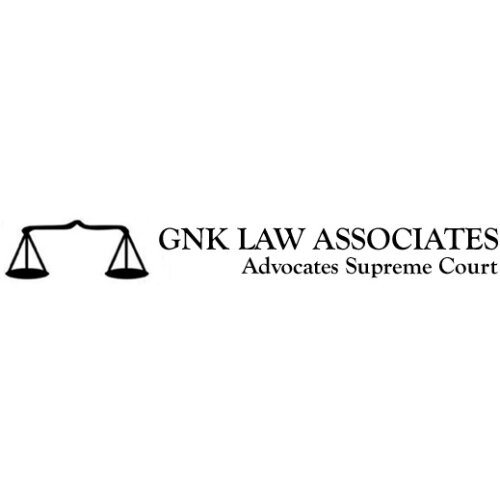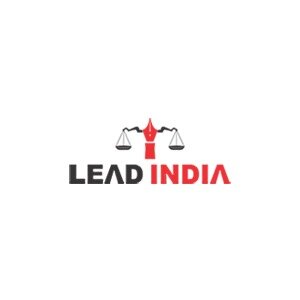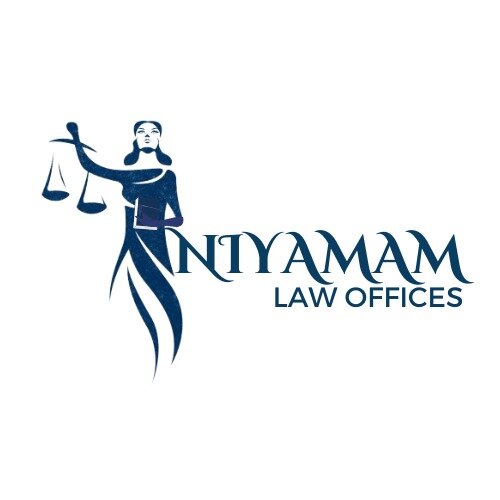Best Mortgage Lawyers in Delhi
Share your needs with us, get contacted by law firms.
Free. Takes 2 min.
Free Guide to Hiring a Real Estate Lawyer
List of the best lawyers in Delhi, India
About Mortgage Law in Delhi, India
Mortgage refers to the transfer of an interest in an immovable property as security for the repayment of a loan or the discharge of an obligation. In Delhi, India, the mortgage process falls under the purview of the Transfer of Property Act, 1882 and the Indian Registration Act, 1908. It is essential to understand the legal intricacies involved to ensure a smooth and lawful mortgage transaction.
Why You May Need a Lawyer
Seeking legal advice in mortgage-related matters is crucial in several situations:
- If you are considering executing a mortgage agreement to ensure compliance with legal requirements and protect your rights.
- If you are unable to make timely mortgage payments and facing the risk of foreclosure, a lawyer can help negotiate with the lender and explore available options.
- If you are a potential buyer interested in purchasing a mortgaged property, a lawyer can assist in examining the property's legal status and ensuring a smooth transaction.
- If you are facing any disputes related to mortgage terms, conditions, or foreclosure proceedings, a lawyer can provide legal representation and safeguard your interests.
Local Laws Overview
In Delhi, India, several key aspects of local laws are particularly relevant to mortgage:
- Transfer of Property Act, 1882: This legislation governs the transfer of property rights, including mortgages. It outlines the rights and obligations of both the mortgagor and the mortgagee.
- Indian Registration Act, 1908: This act mandates the registration of mortgage documents to make them legally valid and enforceable.
- Delhi Land Reforms Act, 1954: This act provides regulations related to land ownership, tenancy, and consolidation.
- Real Estate (Regulation and Development) Act, 2016: This act aims to regulate the real estate sector and protect the interests of homebuyers.
Frequently Asked Questions
1. Can I mortgage a property that is under dispute or litigation?
No, it is not advisable to mortgage a property that is involved in any legal dispute or litigation. It is important to ensure the property has a clear title before entering into a mortgage agreement.
2. What are the consequences of defaulting on mortgage payments?
If you default on mortgage payments, the lender has the right to initiate foreclosure proceedings and take possession of the mortgaged property. Additionally, your credit score may be negatively impacted, making it difficult to secure loans in the future.
3. What are the key elements of a mortgage agreement?
A mortgage agreement typically includes details of the parties involved, the terms of the loan, the interest rate, the repayment schedule, and the consequences of default. It must be executed on non-judicial stamp paper and registered with the appropriate authority.
4. How does the mortgage registration process work in Delhi?
To register a mortgage in Delhi, the mortgagor and the mortgagee must sign the mortgage deed in the presence of at least two witnesses. The deed must be stamped, and the necessary registration fees must be paid. It should then be registered at the Sub-Registrar's office within four months from the date of execution.
5. Can a mortgage be transferred to another person?
Yes, a mortgage can be transferred by either the mortgagor or the mortgagee. However, the transfer must comply with the provisions of the Transfer of Property Act, and the necessary documentation and registration requirements must be fulfilled.
Additional Resources
For further assistance with mortgage-related matters, you may consider reaching out to the following resources:
- Delhi State Legal Services Authority: www.dslsa.org
- Delhi Development Authority: www.dda.org.in
- Real Estate Regulatory Authority, Delhi: www.rera.delhi.gov.in
- The Bar Council of Delhi: www.barcouncilofdelhi.org
Next Steps
If you require legal assistance in a mortgage matter, follow these steps:
- Identify your specific concerns and gather all relevant documentation related to the mortgage.
- Research and select a reputable lawyer with experience in mortgage law and property matters.
- Schedule a consultation to discuss your situation, understand your legal rights, and explore available options.
- If necessary, engage the lawyer's services to represent you, prepare necessary documentation, and guide you through the legal process.
- Follow the lawyer's advice and cooperate to resolve the mortgage matter effectively.
Lawzana helps you find the best lawyers and law firms in Delhi through a curated and pre-screened list of qualified legal professionals. Our platform offers rankings and detailed profiles of attorneys and law firms, allowing you to compare based on practice areas, including Mortgage, experience, and client feedback.
Each profile includes a description of the firm's areas of practice, client reviews, team members and partners, year of establishment, spoken languages, office locations, contact information, social media presence, and any published articles or resources. Most firms on our platform speak English and are experienced in both local and international legal matters.
Get a quote from top-rated law firms in Delhi, India — quickly, securely, and without unnecessary hassle.
Disclaimer:
The information provided on this page is for general informational purposes only and does not constitute legal advice. While we strive to ensure the accuracy and relevance of the content, legal information may change over time, and interpretations of the law can vary. You should always consult with a qualified legal professional for advice specific to your situation.
We disclaim all liability for actions taken or not taken based on the content of this page. If you believe any information is incorrect or outdated, please contact us, and we will review and update it where appropriate.

















